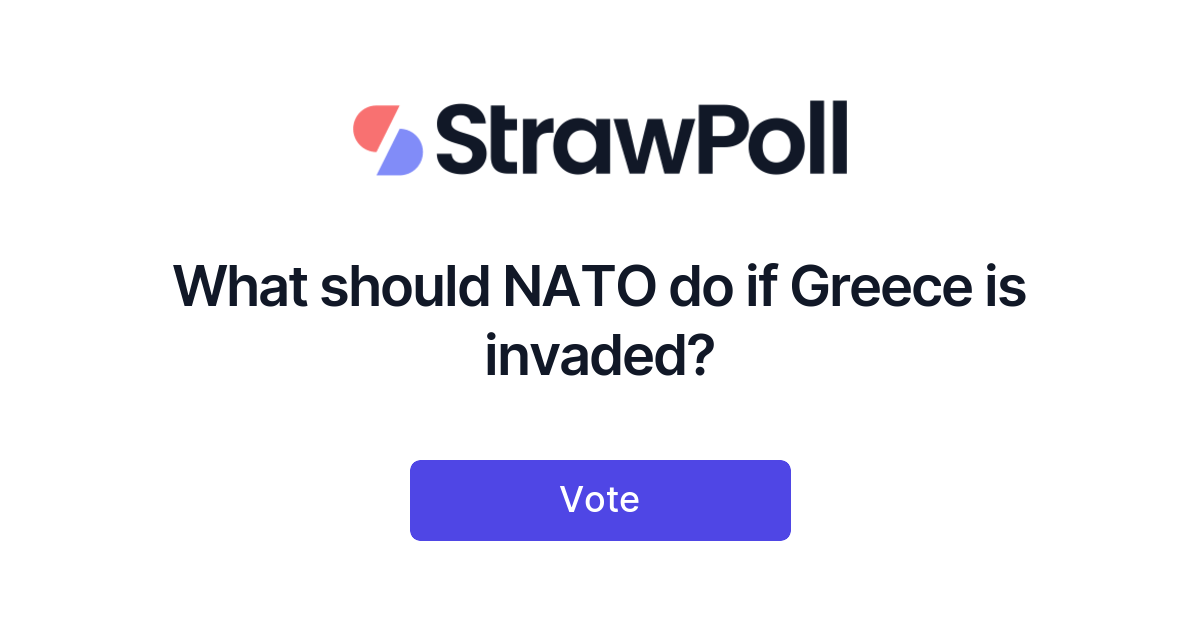Chapter 22: Victory in Africa
Chapter 22: Victory in Africa
In Africa, American and Commonwealth troops were already prepared to support favorite political parties in the next elections. The Western Allies could not afford to lose Central Africa important Uranium mines to the Axis, with Uranium being fundamental for the production of Atomic bombs. Luckily, neither in the Central Africa Republic, Senegal or Madagascar a military intervention was necessary. American funding for pro-Western political parties were enough to gain the majority of the votes. Already, American and Commonwealth troops entered the countries with the support of their de-facto puppets in Africa to protect said countries from Axis expansion. As a matter of fact, both the German, Spanish and Italians seemed interested in turning these three countries into vassal states to expand their great empires.

Africa in 1953
I hope you guys like this new update! Be sure to like(if you like it), comment(please comment so I can learn what your opinion is), vote (this is our Cold War damn it! You're supposed to help shaping the world!) and.....follow I guess.
In Africa, American and Commonwealth troops were already prepared to support favorite political parties in the next elections. The Western Allies could not afford to lose Central Africa important Uranium mines to the Axis, with Uranium being fundamental for the production of Atomic bombs. Luckily, neither in the Central Africa Republic, Senegal or Madagascar a military intervention was necessary. American funding for pro-Western political parties were enough to gain the majority of the votes. Already, American and Commonwealth troops entered the countries with the support of their de-facto puppets in Africa to protect said countries from Axis expansion. As a matter of fact, both the German, Spanish and Italians seemed interested in turning these three countries into vassal states to expand their great empires.
Africa in 1953
I hope you guys like this new update! Be sure to like(if you like it), comment(please comment so I can learn what your opinion is), vote (this is our Cold War damn it! You're supposed to help shaping the world!) and.....follow I guess.






